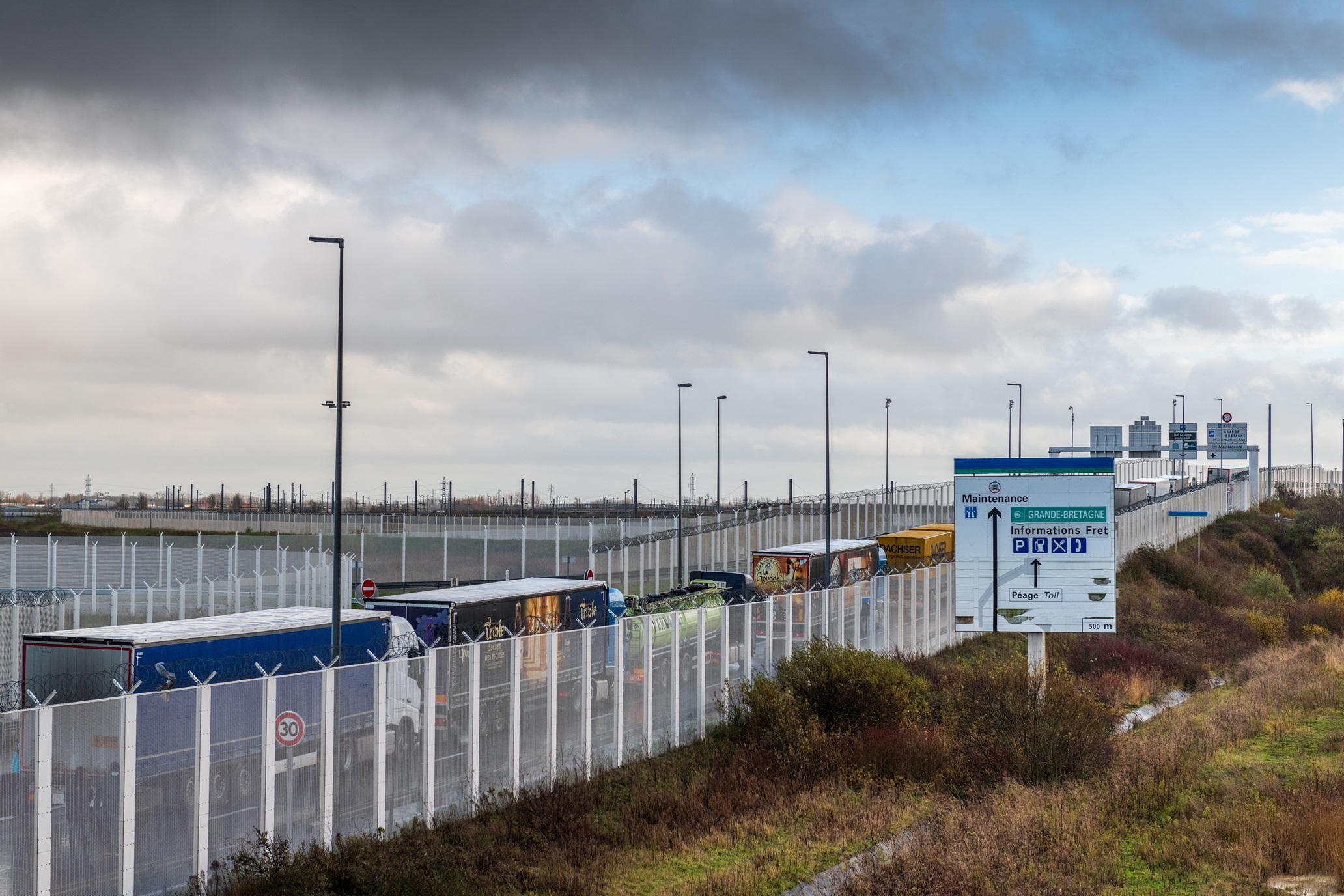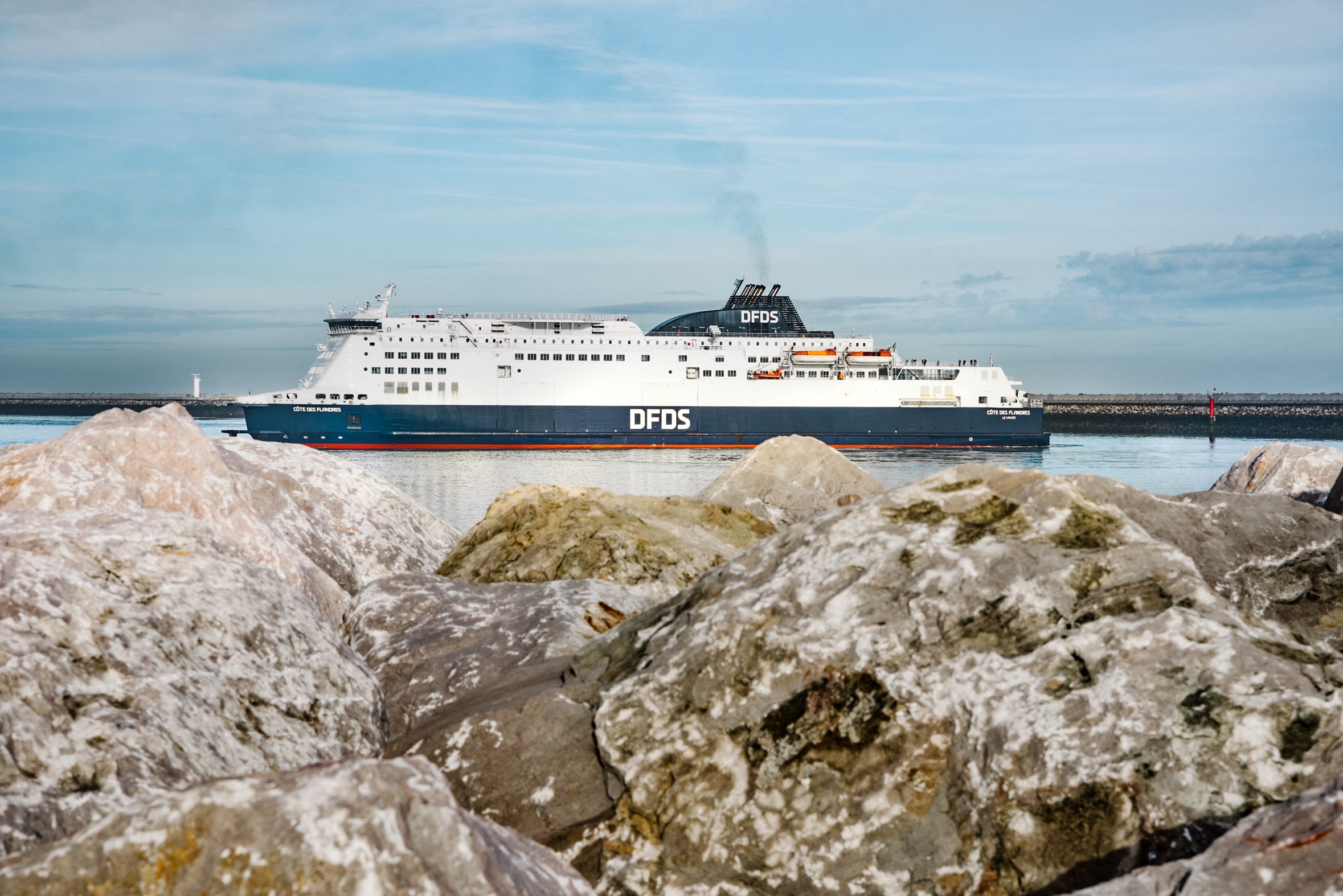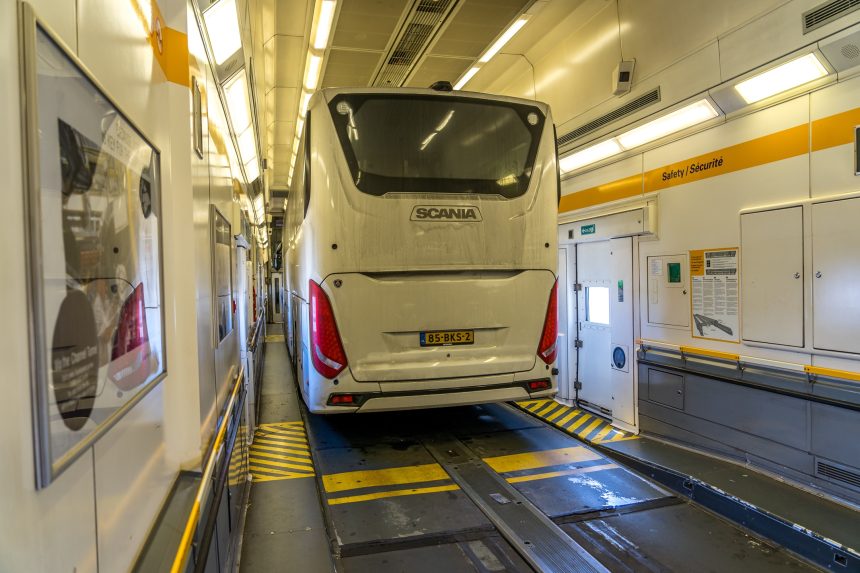Coach operators carrying out international journeys have been urged to ensure that care is taken and all procedures are followed to avoid clandestine entrants hiding on vehicles. It comes after a Court of Appeal decision boosted the hand of Border Force officials when applying penalties to transgressors.
Although the case involved a HGV, its consequences apply to those running coaches. In a judgement handed down on 2 July, the Court of Appeal found that although the driver and operator of the vehicle complied with all necessary precautions and completed the required checklist, those steps alone fail to warrant no penalty being imposed.
Border Force hand strengthened on clandestine entrants
Such a decision strengthens a position introduced to the Clandestine Entrant Civil Penalty Scheme in 2023. It removed a defence against penalties available to operators that could demonstrate an effective system for preventing the carriage of clandestine entrants. That change was made at the same time as maximum penalties were increased substantially.
On 23 February 2023, a KLG Trucking vehicle at the UK Control Zone in Calais was found to have eight clandestine entrants aboard. The maximum £10,000 penalty starting point against the operator for each such individual was discounted by Border Force in accordance with the Penalty Code to £4,500 for a total of £36,000, which the operator appealed.
That discounted penalty was upheld at Nottingham County Court and then advanced by the operator to the Court of Appeal. It found that the County Court judge had erred in matters relating to records of checks carried out by the driver.
The operator submitted to the Court of Appeal that as it was in full compliance with the Carriers’ Liability Regulations (2002) requirement to keep records of vehicle checks to prevent unauthorised access – in contradiction of a claim by Border Force – the penalty should have been reduced to zero.

No longer an argument provided by full compliance
While the Court of Appeal agreed that the operator did satisfy that part of the Regulations, the judge noted: “I do not think that the mere fact that a vehicle owner has not been shown to have failed to comply with the 2002 Regulations provides a good reason for either declining to impose any penalty or for imposing one at a level lower than that indicated by the Penalty Code.”
That decision has been described as “disappointing” by JMW Solicitors Head of Commercial Road Transport Laura Hadzik. She notes that it confirms “that Border Force is correct to impose penalties in cases where operators have fully complied with the Regulations and [that] there should be a strict application of the Penalty Code in determining the level of penalty.”
Ms Hadzik advises that all coach operators making overseas trips should be part of the Clandestine Entrant Civil Penalty Accreditation Scheme. It recognises those with effective measures in place to prevent clandestine entrants and gives a 50% discount on the starting point of any penalties incurred.
On some earlier occasions of penalties being imposed by Border Force officials where clandestine entrants were found, an appeal had seen the penalty waived by a judge where the operated could demonstrate that all its systems were in order.
Records are imperative, coach operators advised
With a possible stiffening of Border Force’s approach to penalties following the Court of Appeal judgement, coach operators passing through France when returning to the UK have been advised that they must adopt stringent precautions to prevent clandestine entrants from boarding vehicles.
“We would urge drivers not to stop in Calais until they reach the UK Control Zone and to ensure that they have a comprehensive record of the checks that they have completed at the last stopping place en route,” says Ms Hadzik.

She adds that even if a driver proactively approaches a Border Force officer in that area should they suspect that clandestine entrants are aboard the vehicle, the penalty process will begin.
“If a driver suspects anything when in France, they must stop prior to reaching the Control Zone, because before then the penalty regime does not apply. It is vital that drivers are always vigilant; that includes being very careful when luggage is being handled and strict on passenger manifests to ensure nobody is aboard who should not be.”
While the increased starting point for penalties coupled to a bolstered Border Force position via the Court of Appeal judgement represents a further difficulty for coach operators venturing overseas, Ms Hadzik adds that any business attracting such penalties should seek legal advice.
“There are still various grounds available for challenging penalties and, as was the case of KLG Trucking, Border Force does not always apply the Penalty Code correctly.”
Full Court of Appeal decision here.



























